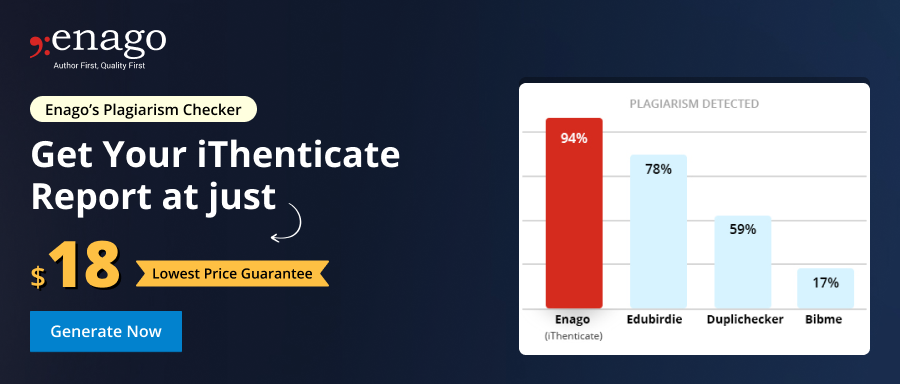9 Practical Tips to Be a Better Academic Writer

Many graduate students are often concerned that academic writing is too difficult. This concern, however, can be eased. There are many tips a student can learn in order to become a better academic writer. This includes understanding how the writing process can help develop the necessary writing skills needed for academic and professional careers.
There are various online tools that students can use to improve their writing. One tool that is widely recommended is Trinka– world’s first grammar checker and language enhancement tool, specially designed for academic and technical writing. Trinka can be used by students to check their writing for technical spellings, formal tone, sentence structure and many other features of academic writing.
Important Principles of Writing
Writing is a process that involves many steps to collectively form a clear, logical research paper. Knowing the aspects of the writing process is an important part of becoming a better writer.
Develop the Main Idea
This is the focus of your paper and the basis of your argument. For example, if your main idea is to argue for three benefits of stem cell research, you should stay focused on developing and providing support for these three benefits.
You should collect as many resources as possible. Reading more resources helps you gather ideas. Research also helps you to find the most effective support for your argument. The more resources you can use as support, the stronger your argument will be.
Audience
One aspect of writing that is sometimes overlooked is the audience. The goal of a research paper is to effectively transmit information and knowledge to the reader. Therefore, keeping the audience in mind will help you remain focused on effectively and clearly presenting your ideas.
Organization
Research papers need to have an organization that follows a clear progression of ideas. Without this clear organization, you might end up with an unclear argument. Remaining focused on your argument helps to develop a clear organization.
Important Tips for ESL Writers
Like all writers, ESL writers need to follow the basic principles of writing that have been discussed. However, there are some challenges that ESL writers face when developing a research paper.
Have a Plan
First, make sure that you understand the research project. If anything is unclear, talk to your professor. Second, brainstorm. Brainstorming is an opportunity to gather as many ideas as possible. Third, develop a clear outline. This will help you organize your ideas and the overall paper.
Read and Write…Often
Practice purposefully. One way to achieve the goals of writing a paper is to brainstorm. Read as much as you can on your topic and take notes. Also, developing a clear schedule of writing is just as important. Becoming an academic writer is about devoting time to practice.
Read, Edit, and Revise
You need to read and reread your paper. Don’t skim through your paper – do a close check of your paper when you edit. During revision, you will be able to correct any errors that might weaken your argument. You can use Trinka to identify and correct grammar and language errors in your writing easily. It is available to use via web browsers, browser plugins or MS Word add-in.
Points to Avoid When Writing Academic Papers
Plagiarism
Plagiarism is when you use the work of another researcher and try to claim it as your own. This is a serious offense in academic writing. So, you need to know how to clearly reference the work of others when you use their writing as support. Using plagiarism checker can help you in determining plagiarized content and giving due credit to other researchers.
Research
Language and Grammar Errors
Language and grammar are difficult aspects of writing for ESL graduates. You want to use strong, declarative statements in your writing. For language, avoid using the passive voice. Instead, use the active voice to make strong statements. Also, you should avoid using “I” too often.
Spelling, grammar, and punctuation errors could lead to a less effective argument. If you are unsure about the language and grammar in your paper, you can consult a writing center or ask a friend to proofread your paper. If you want to ensure your paper is ready for the global audience, you should try Trinka ‒ its robust AI and exclusive features will provide you customized writing assistance wherever you write.
What is your experience as an academic writer? Do you have any tips to offer? Please feel free to add your thoughts in the comments below.











SOLID